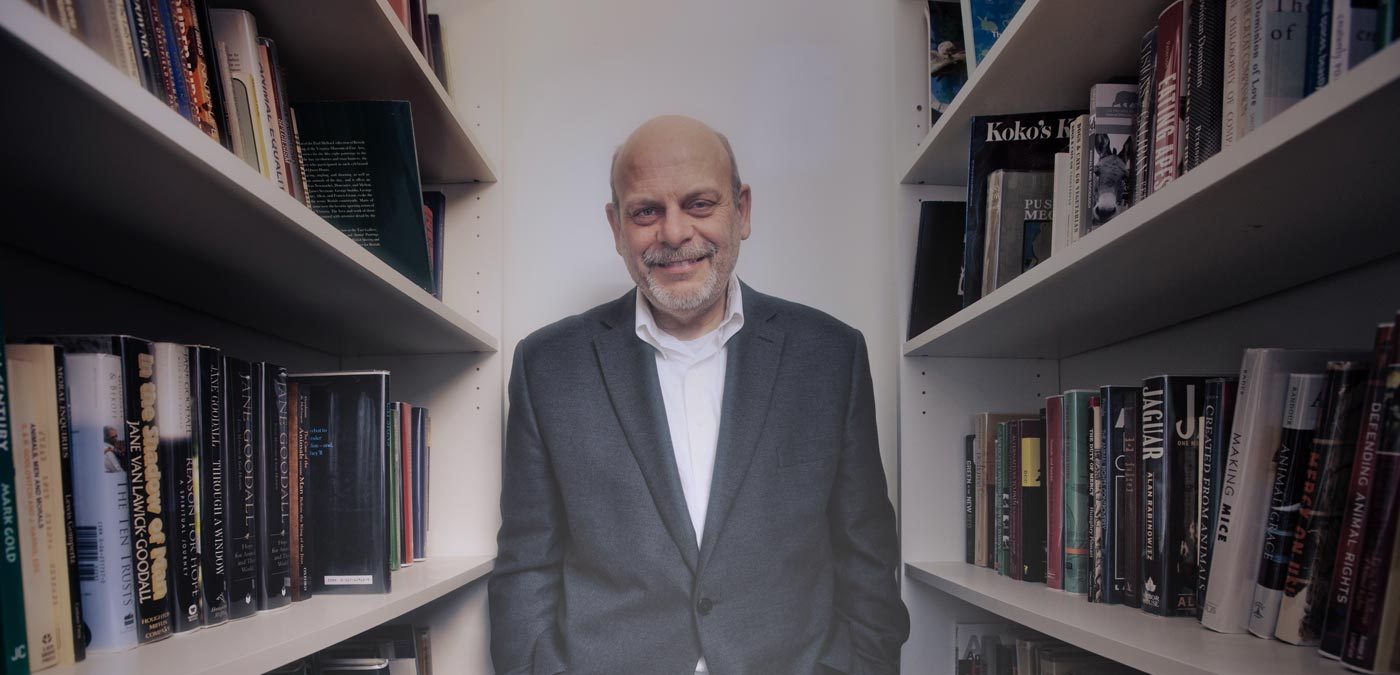Wild Animals in British Circuses
Martin Lacey from the Great British Circus spoke out in support of animals performing in circuses but refused access to the BBC to film the animals in his care. A move which could be seen to be audacious or naive (or both) given that the House of Commons was about to debate a motion calling for a ban on wild animals in circuses.
At the time of writing there isn’t a comment on the Commons debate on the Web site of Amazing Animals, a company which it states “trains and supplies animals to the film, TV, still photography and live event industry.” You would think that this would be something of interest to them. You would think that they would want to speak out. But they didn’t. Perhaps they believed they didn’t have to.
How the Great British Circus spoke out but Amazing Animals didn’t are just two developments in an extraordinary narrative which formed the backdrop to the successful June 23 Commons debate which adopted unanimously a motion calling for a ban on wild animals in circuses.
The cross-party motion was proposed by Mark Pritchard, Conservative MP for The Wrekin, with the support of Bob Russell (Liberal Democrat) and Jim Fitzpatrick (Labour). It directed the Government to “use its powers under section 12 of the Animal Welfare Act 2006 to introduce a regulation banning the use of all wild animals in circuses to take effect by 1 July 2012.” The motion was passed unanimously; however, from the first minutes of the debate no one could have predicted that this would be the outcome. (Read the debate here.)
Shortly after opening the debate, Mark Pritchard stated,
I want to focus on the interesting past few days. On Monday, in return for amending my motion, dropping it or not calling a vote on it—and we are not talking about a major defence issue, an economic issue or public sector reform; we are talking about the ban on wild animals in circuses—I was offered a reward, an incentive. If I had amended my motion and not called for a ban, I would have been offered a job. [Hon. Members: “Ooh!”] Not as a Minister, so those who are competing should not panic. It was a pretty trivial job, like most of the ones I have had—at least, probably, until 30 minutes from now. I was offered incentive and reward on Monday, and then it was ratcheted, until last night, when I was threatened. I had a call from the Prime Minister’s office directly. I was told that the Prime Minister himself had said that unless I withdrew this motion, he would look upon it very dimly indeed. Well, I have a message for the Whips and for the Prime Minister of our country—I did not pick a fight with the Prime Minister of our country, but I have a message. I might be just a little council house lad from a very poor background, but that background gives me a backbone, it gives me a thick skin, and I am not going to kowtow to the Whips or even the Prime Minister of my country on an issue that I feel passionately about and on which I have conviction. There might be some people with other backbones in this place, on our side and the other side, who will speak later, but we need a generation of politicians with a bit of spine, not jelly. I will not be bullied by any of the Whips. This is an issue on which I have campaigned for many years. In the previous Parliament I had an Adjournment debate and I spoke in the passage of the Animal Welfare Act 2006. I have consistently campaigned on this issue, and I will not kowtow to unnecessary, disproportionate pressure.”
Thus, the scene was set for an extraordinary debate in which the plight of wild animals in circuses became also a challenge from Conservative backbench MPs, like Mark Pritchard, to speak out and vote for what they believed in. With the exception of Andrew Rosindell, Conservative MP for Romford, who failed to declare in his speech an association with the Great British Circus, MPs from all parties spoke in support of a ban on wild animals in circuses.
The situation now is that the British Conservative led coalition government is under increasing pressure to ban wild animals in circuses with a regulation written with the authority of the Animal Welfare Act (2006). Time will tell how quickly this will be done. It is estimated that there are less than 50 wild animals in five circuses in the UK.
But the wild animals in circuses debate has far greater consequences. They are all positive, given the cross-party strength of feeling for animal welfare expressed; however, there is still a tremendous amount of work to do to embed animal welfare as key value in public policy. It will now be more difficult for the present government to push ahead with other topical animal welfare issues, including the proposed badger cull and repeal of the Hunting Act. The debate signals a coming-of-age for animal welfare in Parliament. MPs repeatedly made reference to the overwhelming public support for animal welfare. The challenge for the animal welfare movement is to continue to build and transform this public sentiment so that it is focused on the political arena, including at all local, regional, general and European elections.
As I have repeatedly stated here and elsewhere, moral and legal progress for animals will not significantly advance until the animal welfare movement learns to balance the pragmatic politics of animal welfare with the utopian vision of animal rights thereby embedding the values of animal protection into public policy and mainstream politics. The Commons debate on wild animals in circuses signalled a shift in the right direction.
Meanwhile, questions go unanswered. Why did the Prime Minister’s Whips Office institute a 3-line whip on Conservative MPs forcing them to vote against Mark Pritchard’s motion? Further, why, in the course of the debate, did the Whips office abandon the 3-line whip and instruct their MPs that it was now a free vote? The second question may be easier to answer. The Whips office learnt in the course of the debate that Conservative MPs stated their intention of defying their authority. Its withdrawal then prompts a further question: Why was the 3-line whip imposed in the first place? A question that was repeatedly asked during the debate. Later, news reports pointed out that Amazing Animals was based is David Cameron’s Witney constituency. The day after the vote Cameron played down the vote by saying the “government’s position was ‘not a million miles away’ from that taken by Mark Pritchard.” Then, why the 3-line whip? And why such strong-arm tactics against Mark Pritchard? Amazing Animals denies any contact with their MP David Cameron.
One other reason maybe that the Conservatives in the Coalition government with the LibDems wanted the Department for the Environment, Food and Rural Affairs to establish a licensing scheme for wild animals in circuses so that it set a precedent for a similar licensing regime for hunting wild animals. David Cameron and many but by no means all Conservative MPs and Lords are pledged to repeal the Hunting Act. If this is true, their misreading of Conservative MPs on wild animals in circuses may will be the precedent which unwittingly ensures bloodsports stays illegal and kill badgers allegedly to tackle TB in dairy cows.
What cannot be denied, however, is that animal welfare is increasingly recognised as a legitimate public policy. Further, it’s now up to the animal welfare movement in the UK and Europe to push further at the boundary of the political mainstream.
PS Congratulations to the various animal welfare groups and individuals involved as well as The Independent who was in the forefront of this initiative.











